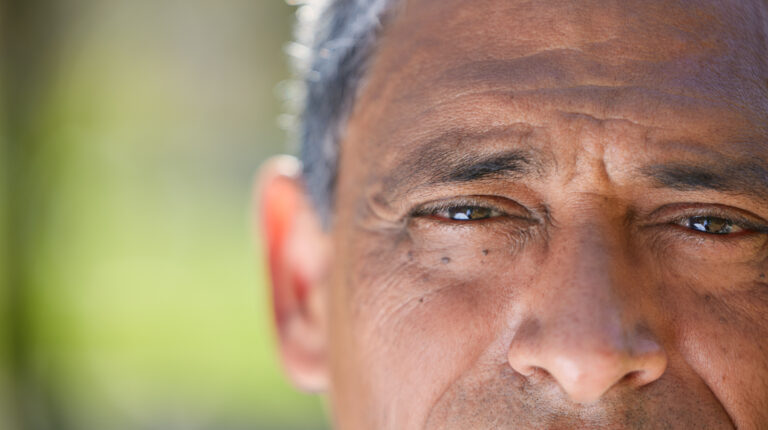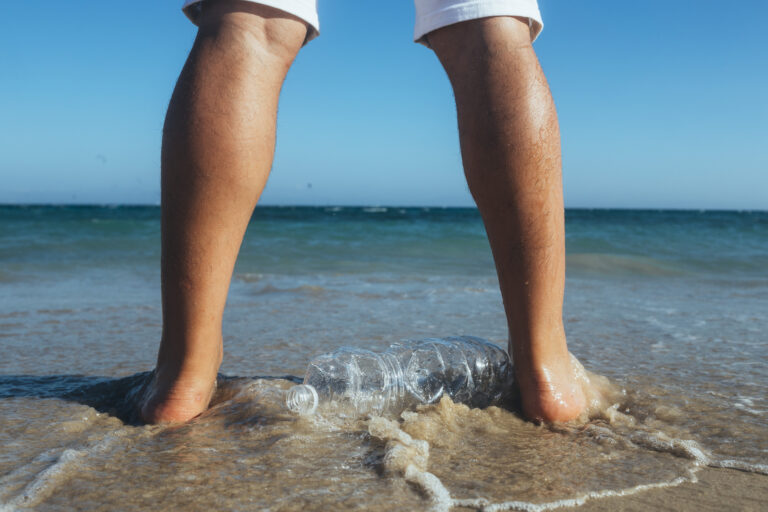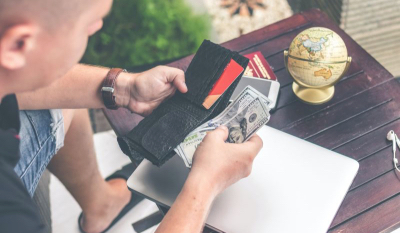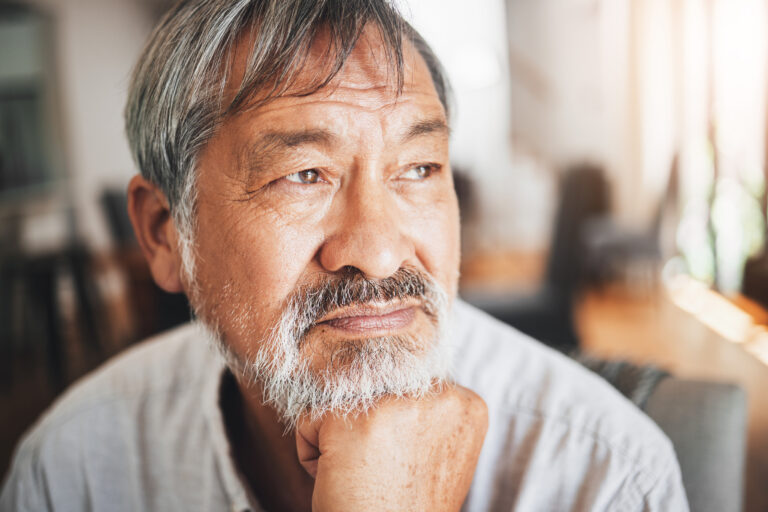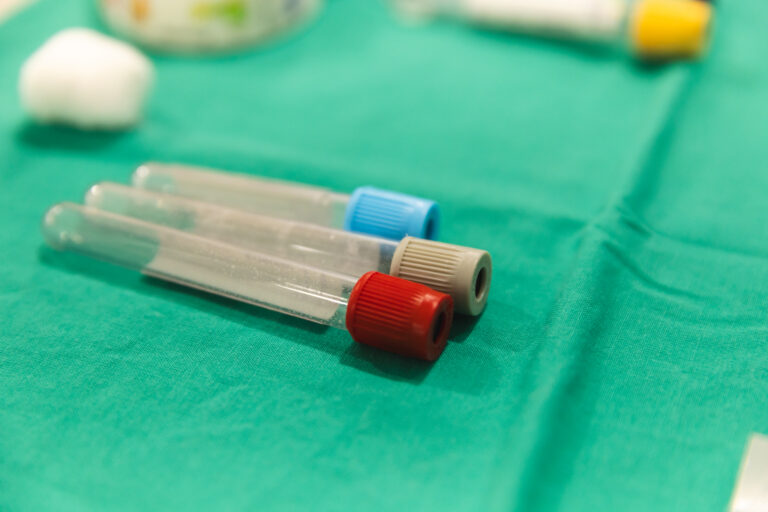Managing Chemotherapy Side Effects in Prostate Cancer
By Ephram Smith
Chemotherapy is a powerful treatment used to kill cancer cells, and it is sometimes used for prostate cancer. In early-stage prostate cancer, chemo is not very common, but doctors may use it in certain cases. It is more often used when prostate cancer has spread or come back after other treatments (urmcnewsroom.iprsoftware.com). While chemo can help fight prostate cancer, it also causes side effects. These side effects can affect men with both early-stage and advanced prostate cancer who receive chemotherapy. The good news is that there are ways to manage these side effects and stay as healthy as possible during treatment. This guide will explain common chemo side effects and give simple tips to cope with each one, based on years of helping patients.
Fatigue (Feeling Very Tired)
Fatigue is extreme tiredness that doesn’t go away with rest. It’s the most common chemotherapy side effect (my.clevelandclinic.org). Your body is fighting cancer and healing, which uses a lot of energy. Chemo can also cause anemia (low red blood cells) that makes you feel even more tired.
Tips to manage fatigue:
- Take short rest breaks when you need to, but also try gentle exercise like a short walk when you can. Even a little movement can boost your energy (urmcnewsroom.iprsoftware.com).
- Do important tasks when you have the most energy, and ask for help with harder chores so you can save your strength.
- Keep a regular sleep schedule. Go to bed and wake up at the same time each day, and if you nap, keep it brief so you still sleep well at night.
- Eat healthy meals and drink plenty of fluids to fuel your body. Even if your appetite is low, try to snack on something nourishing to keep your energy up.
Nausea and Vomiting
Nausea means feeling like you might throw up, and vomiting is actually throwing up. These are common during chemo (my.clevelandclinic.org), especially in the first few days after a treatment. Doctors usually give anti-nausea medicines to help, so severe vomiting is less common now (urmcnewsroom.iprsoftware.com). Many people worry they will feel sick all the time, but nausea can often be controlled. It usually comes and goes rather than lasting all day, especially if you take your medications.
Tips to manage nausea:
- Take your anti-nausea medicine exactly as prescribed by your doctor (urmcnewsroom.iprsoftware.com). It’s best to take it before you feel very sick. Don’t wait until nausea is bad.
- Eat small, frequent meals instead of a few big ones. Keep something in your stomach with bland foods like crackers, toast, rice, or bananas. Avoid foods that are very spicy or greasy because they can upset your stomach more (my.clevelandclinic.org). Also, try not to eat a heavy meal right before your chemo session.
- Sip clear fluids throughout the day to stay hydrated. Good choices are water, ginger ale, or herbal tea (like peppermint or ginger). Some people find ginger candies or ginger tea helps settle their stomach. Sucking on ice chips or popsicles can also ease nausea and keep your mouth moist (my.clevelandclinic.org).
Hair Loss
Chemotherapy often causes hair loss on the scalp, and sometimes thinning of eyebrows or other body hair. Hair usually begins to fall out after a couple of weeks of treatment (my.clevelandclinic.org). This can be upsetting, but remember that hair loss from chemo is almost always temporary. Your hair will usually grow back a few weeks or months after treatment (my.clevelandclinic.org).
Tips to manage hair loss:
- Consider cutting your hair short or getting a wig/hat before hair loss starts. Being prepared can make the change less shocking.
- Use a mild shampoo and soft brush. Avoid harsh chemicals or heat styling (no hot curlers or straighteners) to be gentle on your hair and scalp (my.clevelandclinic.org).
- Protect your scalp. Wear a hat, cap, or scarf when you’re in the sun to prevent sunburn (my.clevelandclinic.org), and cover your head in cold weather to stay warm.
- Remember that your hair will grow back after chemo. In the meantime, do whatever makes you comfortable – some men shave their head, while others prefer to wear hats or just go natural.
Mouth Sores
Chemotherapy can cause painful sores in your mouth or throat (doctors call this oral mucositis). These often appear about a week into treatment and can make it hard to eat or brush your teeth (my.clevelandclinic.org). You can’t always prevent mouth sores, but good mouth care can help them heal faster and keep them from getting infected. If your mouth becomes very sore, let your doctor know. They can give you special mouthwash or medicine to help you feel better.
Tips to manage mouth sores:
- Brush your teeth gently with a very soft toothbrush. Rinse your mouth often with a mild saltwater or baking soda solution. Sipping water frequently can also help keep your mouth clean and moist.
- Eat soft, bland foods that are easy to swallow (my.clevelandclinic.org). Good examples are yogurt, applesauce, oatmeal, mashed potatoes, soup, or smoothies. Let foods cool down to warm or room temperature before eating so they don’t burn or irritate your mouth.
- Avoid things that irritate your mouth. This means no spicy or acidic foods (like chili or orange juice) and no rough, scratchy foods like chips (my.clevelandclinic.org). Also, avoid alcohol and tobacco, which can make mouth sores and dryness worse.
Low Blood Counts (Anemia and Bleeding)
Chemotherapy can lower your blood cell counts (my.clevelandclinic.org). Fewer red blood cells (anemia) can make you very tired, weak, or short of breath. Fewer platelets can make you bruise easily or have more bleeding (like nosebleeds or bleeding gums). These effects usually happen about a week after treatment, when your blood counts are at their lowest.
Tips to manage low blood counts:
- Be careful to avoid cuts and bruises when your platelets are low. Use a soft toothbrush and an electric razor to prevent bleeding. Avoid activities like contact sports that could cause injury. Wear gloves when doing yard work or using sharp tools.
- If you feel dizzy or very weak (from anemia), stand up slowly and rest when you need to. Eating foods rich in iron and protein (like leafy greens, beans, lean meat) can help your body make more red blood cells.
- Your doctor will check your blood counts often. If your red cells or platelets get too low, they might delay a chemo dose or give you medicine to help. Always tell your doctor about any unusual bleeding (such as frequent nosebleeds or blood in your urine) or extreme fatigue.
Infection Risk (Low White Blood Cells)
White blood cells help your body fight infections. Chemo can lower your white blood cell count (my.clevelandclinic.org), leaving you more open to infections. If your white count is very low (a condition called neutropenia), even a minor cold can become serious because your body has a harder time fighting it (mdanderson.org). The infection risk is highest about a week after chemo, when your white cell count is at its lowest.
Tips to reduce infection risk:
- Wash your hands often with soap and water, especially before eating, after using the bathroom, and after touching things in public. This is one of the best ways to remove germs.
- Avoid close contact with people who are sick. If a friend or family member has a cold or flu, wait until they are better to visit.
- Keep your surroundings clean. Wipe surfaces like doorknobs and phones often. Cook food thoroughly and wash fruits and vegetables well to avoid germs.
- Watch for signs of infection. Check your temperature if you feel warm or have chills. If you get a fever of 100.4°F (38°C) or higher, or have symptoms like chills, cough, or burning when you pee, call your doctor right away (mdanderson.org). Infections can get serious quickly when white counts are low, so fast treatment is important.
Nerve Problems (Neuropathy)
Some chemotherapy drugs can cause nerve damage, leading to peripheral neuropathy. This means you might feel tingling, numbness, or a “pins and needles” sensation in your hands and feet (my.clevelandclinic.org). You might have trouble buttoning a shirt or feel unsteady when walking. Neuropathy often gets better after chemo ends, but it can take time. It’s important to tell your doctor if you notice these symptoms (my.clevelandclinic.org).
Tips to manage neuropathy:
- Tell your doctor as soon as you feel tingling or numbness in your fingers or toes. They might adjust your chemo dose or schedule to prevent it from getting worse.
- Protect your hands and feet if they’re numb. Use gloves when handling hot or sharp items (cooking, cleaning). Wear shoes at all times (even indoors) to guard your feet from injury.
- Prevent falls. Wear shoes with good traction (rubber soles)and keep your floors clear of tripping hazards like loose rugs or cords. Use night lights in hallways and bathrooms so you can see where you’re going in the dark.
- Check your feet and hands every day for cuts, blisters, or burns since you might not feel them right away. Keep your skin moisturized to avoid cracks. If you find any wounds, clean and cover them to prevent infection, and let your doctor know if they aren’t healing.
Appetite Loss and Taste Changes
Chemotherapy can affect your appetite. You might not feel hungry or food may taste bland or metallic (my.clevelandclinic.org). You could even feel full after just a few bites. If you eat much less than usual, you might lose weight and energy, so it’s important to try to eat even when you don’t feel like it.
Tips to manage appetite loss:
- Eat small meals or snacks throughout the day instead of a few large meals. Even if you’re not hungry, try to have a little snack every 2-3 hours.
- Choose high-protein, high-calorie foods to get more nutrition in each bite. For example, spread peanut butter on toast, add cheese to your eggs, or snack on nuts and smoothies. These foods can help keep up your strength.
- If foods taste different (for example, if you have a metallic taste), try using plastic utensils and adding a squeeze of lemon or other tart flavors to improve taste. Cold foods might taste better than hot foods, so you could try cool smoothies, yogurt, or cold chicken instead of hot meals.
- Drink your nutrients if eating is hard. Have milkshakes, fruit smoothies, soups, or meal replacement drinks to give you calories and protein. Also remember to drink water or other fluids during the day to stay hydrated, because being dehydrated can make you feel less hungry.
Diarrhea
Diarrhea means frequent loose, watery bowel movements. Chemo can irritate your intestines and cause diarrhea. Some people even become temporarily sensitive to dairy products during treatment (my.clevelandclinic.org), which can make diarrhea worse. Managing diarrhea is important so you don’t get dehydrated (lose too much fluid).
Tips to manage diarrhea:
- Eat bland, easy-to-digest foods. For example, try the BRAT diet: Bananas, Rice, Applesauce, Toast. These can help firm up your stool. Avoid spicy, greasy, or high-fiber foods that can make diarrhea worse (my.clevelandclinic.org). If dairy upsets your stomach, avoid it until the diarrhea stops (my.clevelandclinic.org).
- Keep yourself hydrated. Drink plenty of fluids such as water, clear drinks, or electrolyte solutions. If it’s hard to drink, try sucking on ice chips or popsicles.
- Check with your doctor about using anti-diarrheal medicine (like loperamide). Also, let your doctor know if you have a lot of diarrhea or if it lasts more than a couple of days, or if you see blood or have a fever. Quick treatment can prevent dehydration or other problems.
Skin and Nail Changes
Chemotherapy can cause changes to your skin and nails. Your skin might become dry or develop a rash. Some people get red, sore palms and soles (a side effect called hand-foot syndrome) (my.clevelandclinic.org). Your skin may also become more sensitive to sunlight, making it easier to get sunburned (my.clevelandclinic.org). Your nails might get brittle or change color. The good news is these changes are usually temporary and will improve after treatment.
Tips to manage skin and nail changes:
- Moisturize your skin every day with a gentle, fragrance-free lotion (my.clevelandclinic.org). Use warm (not hot) water when you bathe, and pat your skin dry with a soft towel instead of rubbing (my.clevelandclinic.org).
- Protect your skin from the sun. Wear sunscreen (SPF 30 or higher) on exposed skin (my.clevelandclinic.org). Also wear a hat and long sleeves when you go outside to help prevent sunburn or rashes.
- If you get a rash or very irritated skin, tell your doctor. They might give you a cream to help. Meanwhile, keep that area clean and cool, and avoid heat or rubbing on it.
Emotional Changes (Mood and Memory)
Chemotherapy doesn’t just affect your body – it can affect your feelings and mood, too. It’s normal to have mood swings or to feel sad, worried, or irritable during treatment (healthline.com). You might also have some trouble concentrating or remembering things sometimes (people often call this “chemo brain”). These emotional and mental changes are common and usually get better after treatment. Remember, you don’t have to stay positive all the time; it’s okay to have hard days.
Tips to cope with emotional changes:
- Talk and connect: Share your feelings with people you trust, like friends, family, or a support group, so you don’t feel alone.
- Do things you enjoy: Do at least one small activity each day that makes you happy or relaxed. For example, listen to music or read a book.
- Use memory helpers: If “chemo brain” makes you forgetful, write things down and set reminders on your phone (mdanderson.org). Keeping a daily routine can also help you feel more in control.
- Ask for help if needed: If you feel very depressed or anxious and it doesn’t get better, tell your doctor. They can connect you with a counselor or give you medicine to help. Getting support for your mental health is important.
Final Thoughts
Chemotherapy side effects can be challenging, but with the right strategies, you can manage them and keep a good quality of life during treatment. Remember that not everyone gets every side effect, and many effects will go away after treatment ends (mdanderson.org). Always communicate with your healthcare team about what you’re feeling. They can offer medicines and advice to help you feel better and stay on track with chemo.
You are not alone in this. By taking care of yourself, accepting help from others, and following these tips, you can reduce the impact of side effects. Remember you are doing what you need to do to treat your cancer. With support and knowledge, you can handle chemotherapy side effects and keep moving forward.


